Best Books to Read in 2023
Best Books to Read in 2023 Are you a bookworm or a bibliophile, if yes, then this is the ...
IIT Madras scientists have developed an AI based mathematical model to identify cancer causing alterations in cells.
The algorithm developed by IIT Madras scientists uses a relatively unexplored technique of leveraging DNA composition to pinpoint genetic alterations responsible for cancer progression.
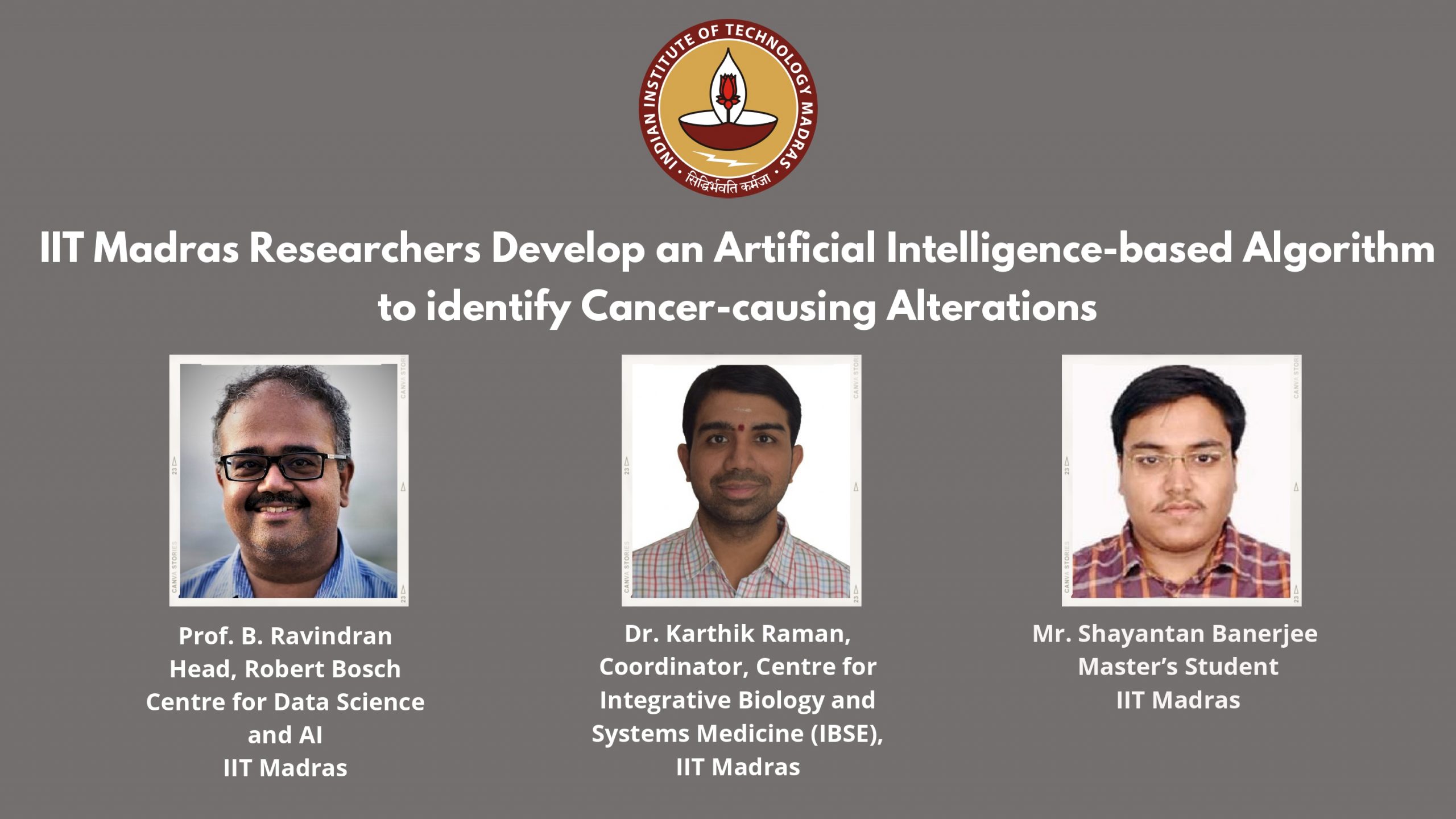
Cancer is caused due to the uncontrolled growth of cells driven mainly by genetic alterations, say IIT Madras scientists.
In recent years, high-throughput DNA Sequencing has revolutionized the area of cancer research by enabling the measurement of these alterations.
However, due to the complexity and size of these sequencing datasets, pinpointing the exact changes from the genomes of cancer patients is notoriously difficult, say IIT Madras scientists.
IIT Madras scientists who took up this work were Professor B. Ravindran, Head, RBCDSAI, and Mindtree Faculty Fellow IIT Madras and Dr. Karthik Raman, Faculty Member, Robert Bosch Centre for Data Science and AI (RBCDSAI), IIT Madras, and also the Coordinator, Centre for Integrative Biology and Systems Medicine (IBSE), IIT Madras. Mr. Shayantan Banerjee, a Master’s Student at IIT Madras, performed the experiments and analyzed the data.
The results of the work by IIT Madras scientists was published in the reputed peer-reviewed International Journal Cancers.
Explaining the rationale behind the study taken up by IIT Madras scientists Professor B. Ravindran said one of the major challenges faced by cancer researchers involves the differentiation between the relatively small number of ‘driver’ mutations that enable the cancer cells to grow and the large number of ‘passenger’ mutations that do not have any effect on the progression of the disease.
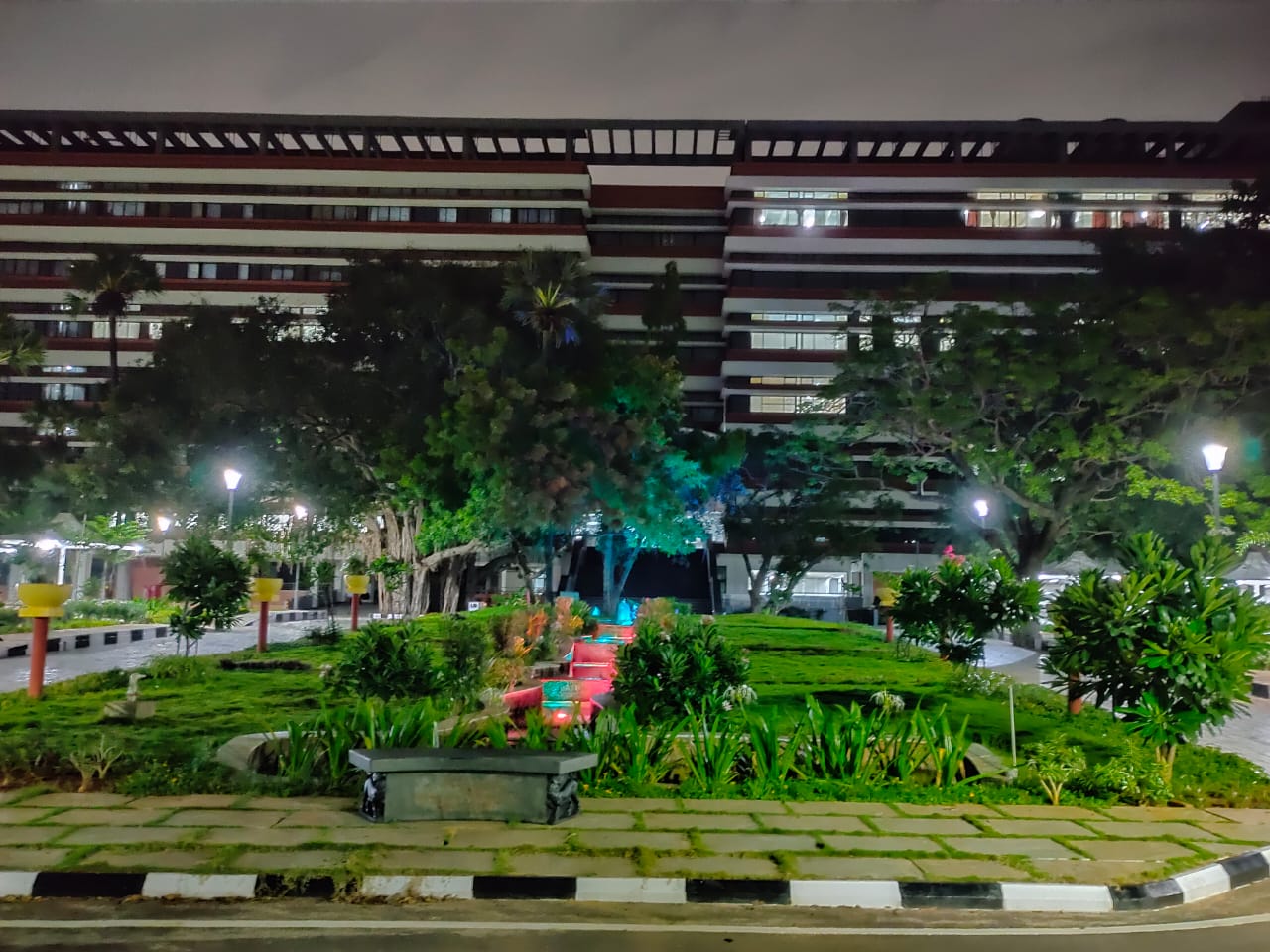 What are the practical applications of the research by IIT Madras scientists? They are:
What are the practical applications of the research by IIT Madras scientists? They are:
Ø Given their vital role in tumor progression and development, computational prioritization of cancer driver mutations is an active area of research.
Understanding the underlying mechanism of these alterations will help identify the most appropriate treatment strategy for a patient in an approach known as ‘precision oncology’
Ø Tailoring treatments, not only to a specific illness but also to a specific person’s genetic make-up is challenging and requires extensive cataloging of the ‘driver’ variants of interest.
IIT Madras scientists hope the driver mutations predicted through their mathematical model will ultimately help discover potentially novel drug targets and will advance the notion of prescribing the right drug to the right person at the right time.
Dr. Karthik Raman spoke about the need for developing the technique by IIT Madras scientists.
‘In most of the previously published techniques researchers typically analyzed DNA sequences from large groups of cancer patients, comparing sequences from cancer as well as normal cells and determined whether a particular mutation occurred more often in cancer cells than random.’
 However, this ‘frequentist’ approach often missed out on relatively rare driver mutations, he said.
However, this ‘frequentist’ approach often missed out on relatively rare driver mutations, he said.
Dr. Karthik is also an associate professor with Department of Biotechnology at Bhupat and Jyothi Mehta School of Biosciences at IIT Madras.
‘In most of the previously published techniques researchers typically analyzed DNA sequences from large groups of cancer patients, comparing sequences from cancer as well as normal cells and determined whether a particular mutation occurred more often in cancer cells than random.’
However, this ‘frequentist’ approach often missed out on relatively rare driver mutations, he said.
Speaking more about the work done by IIT Madras scientists Dr. Karthik said detecting driver mutations, particularly rare ones, is an exceptionally difficult task, and the development of such methods can ultimately accelerate early diagnoses and the development of personalized therapies.
Read More – Most toughest exams in India
In this study, IIT Madras scientists decided to look at this problem from a different perspective.
The main goal was to discover patterns in the DNA sequences – made up of four letters, or bases, A, T, G and C surrounding a particular site of alteration.
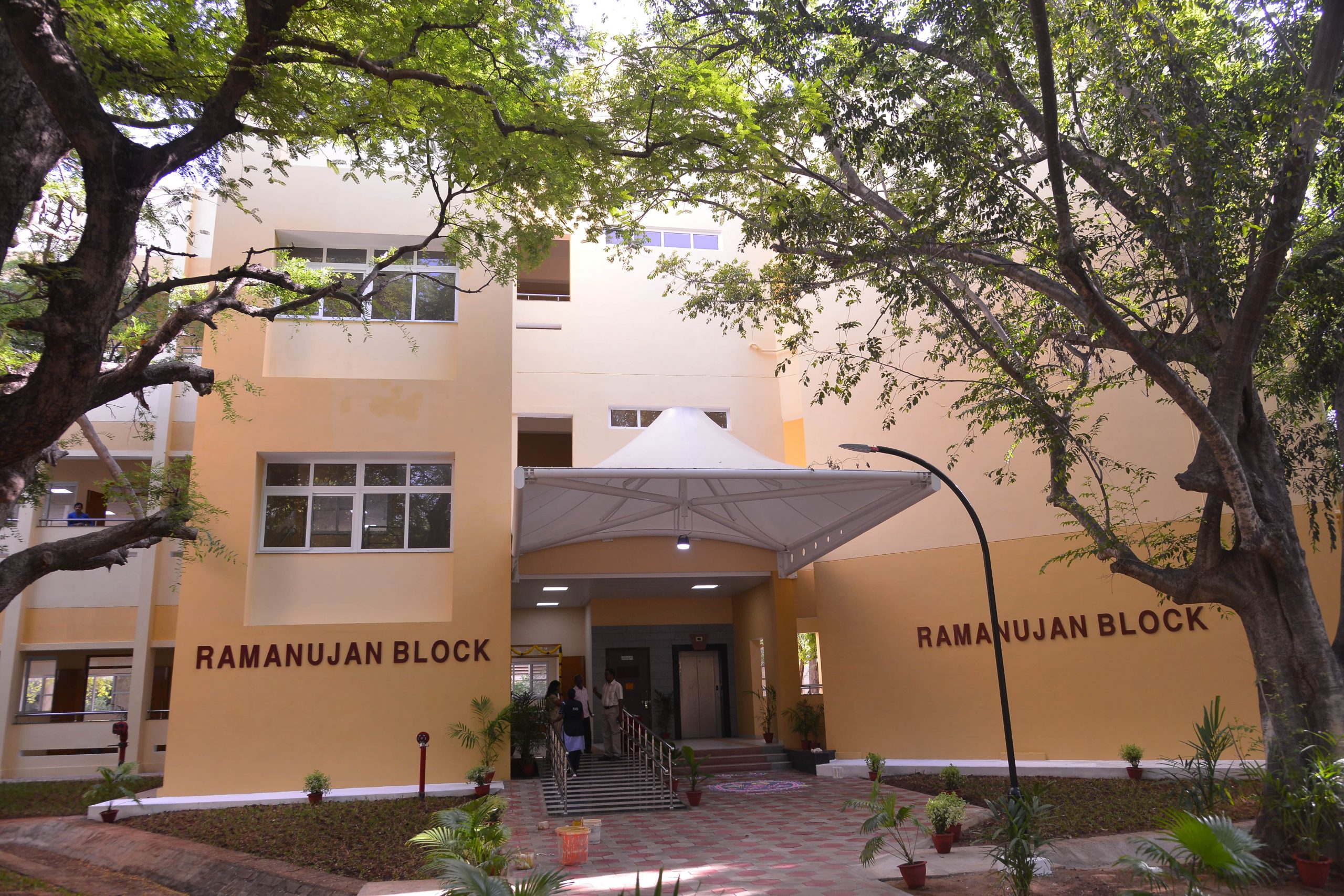 The underlying hypothesis was that these patterns would be unique to individual types of mutations – drivers and passengers, and therefore could be modelled mathematically to distinguish between the two classes, say IIT Madras scientists.
The underlying hypothesis was that these patterns would be unique to individual types of mutations – drivers and passengers, and therefore could be modelled mathematically to distinguish between the two classes, say IIT Madras scientists.
Using sophisticated AI techniques, the researchers developed a novel prediction algorithm, NBDriver and tested its performance on several open-source cancer mutation datasets.
Dr. Ravindran highlighting the performance of the algorithm developed by IIT Madras scientists said their model could distinguish between well-studied drivers and passenger mutations from cancer genes with an accuracy of 89%.
Furthermore, combining the predictions from NBDriver and three others commonly used driver prediction algorithms resulted in an accuracy of 95%, significantly outperforming existing models, said Dr. Ravindran.
Dr. Karthik said interestingly, NBDriver could accurately identify 85% of the rare driver mutations from patients diagnosed with Glioblastoma Multiforme (GBM), a particularly aggressive type of cancer affecting the brain or spine.
NBDriver is available publicly and can be used to obtain predictions on any user-defined set of mutations, say IIT Madras scientists.
In short, given a new mutation and its surrounding DNA makeup, one would be able to predict its class – driver or passenger.
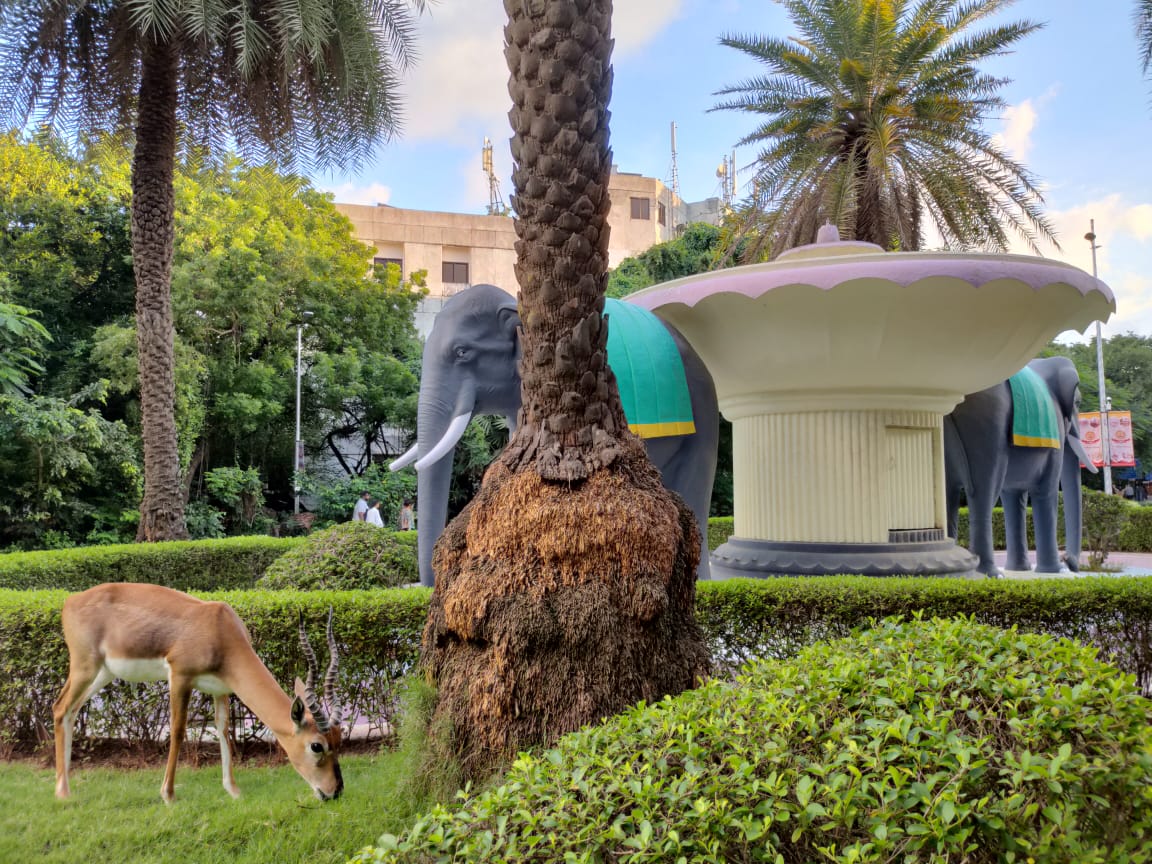 The next phase activities for IIT Madras scientists would be:
The next phase activities for IIT Madras scientists would be:
Ø Developing an easy-to-use web interface that will enable cancer researchers to get predictions on their preferred set of variants.
Ø Further studies on the context of these mutations, and how they impact the evolution of cancer
Ø NBDriver will also be part of a broader cancer genomic sequence analysis ‘pipeline’ being developed at RBCDSAI & IBSE

Best Books to Read in 2023 Are you a bookworm or a bibliophile, if yes, then this is the ...

In the exhilarating journey of 10 Proven Memorize Techniques for Students learning, memory is your trusty companion. Whether ...

Top 20 toughest exams in world is about exams in the world that required very hard work to ...
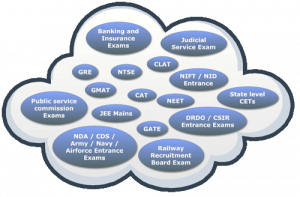
Top 20 toughest exams in India - Exams are the perhaps most toughest moments for any student. A ...
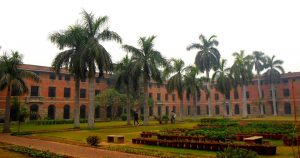
Top 20 Colleges of DU Getting admissions to the top 20 colleges of DU is a dream for every ...

Top 20 NITs of India - Amongst the 31 NITs in India, today, we are talking ...
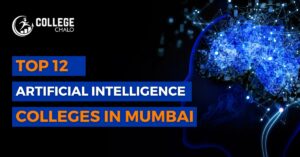
Here are the Top 12 Artificial Intelligence in Mumbai. Artificial intelligence (AI) refers to the simulation of human ...

As you stand on the Best Science Courses after 12th academic journey, the realm of science beckons, offering ...
Millions of students have entrusted CollegeChalo to facilitate their seamless and smooth admission process to their dream colleges and universities. With CollegeChalo, you can gain a competitive edge by easily accessing exam and course details to stay ahead of the admission journey. What are you waiting for?
Search your dream college